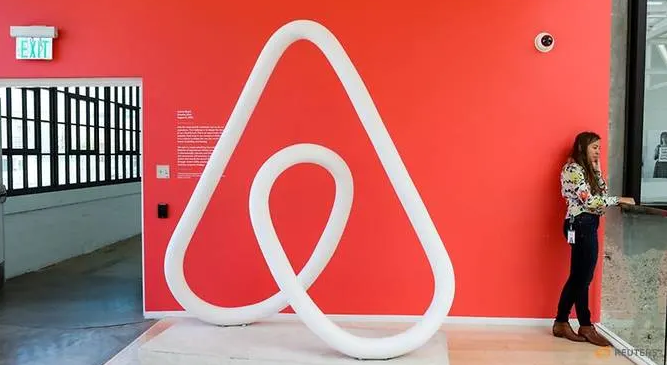KEEP IN TOUCH
Subscribe to our mailing list to get free tips on Data Protection and Cybersecurity updates weekly!






As with the dot-com bubble, an abundance of venture capital funding has fuelled speculation and encouraged investors to make bets on the next tech giant, says Professor John Colley.

WARWICK: A handful of technology companies have benefited from coronavirus. Amazon has profited handsomely, as have streaming and video conferencing platforms like Netflix and Zoom.
But the pandemic has laid bare the shaky foundations of a number of other platforms that bill themselves as technology companies and have enjoyed the high valuations that come with this label.
Major losers from the pandemic include the ride hailing apps: Uber, Grab in Southeast Asia, Ola in India and Didi Chuxing in China. Quite simply, people are not taking taxis.
Office sharing businesses such as WeWork – which was, of course, already struggling – are also in trouble with virtually no occupancy. A similar situation is occurring in the accommodation sector with Airbnb and hotel bookings start-up Oyo.
As a result, investment in tech businesses is crumbling. But at the same time this is clearing the way for the few winners to buy bigger stakes in those that are struggling.
Two decades on from the dot-com collapse there is the likelihood of another crash in the technology sector. As with the build up to the dot-com bubble, an abundance of venture capital funding has fuelled speculation and encouraged investors to make bets on the next Google or Amazon.

As Warren Buffett once said: “Only when the tide goes out will we see who has been swimming naked.” In effect, the tide has gone out and lots of start-ups that were billed as revolutionary technology companies are all in significant trouble.
The only redeeming feature at the moment is how much cash many start-ups have to withstand the collapse. How long they have will vary.
WeWork will struggle to survive a year without further investment. The ride hailing apps meanwhile are well funded but may also find this to be a very difficult year. They are under pressure to cut their losses and breakeven but this goal is even further away now.
The secretive Airbnb has recently been raising money at high cost. This suggests investors see a significant risk to the business and so cash is limited. The proposed listing this year is now highly unlikely.
A major problem with lots of the start-ups that are now struggling is that they look like technology businesses but they have merely used new technology to disrupt existing industries.
Uber follows the dynamics of the taxi industry, WeWork the office rental industry, and Airbnb the accommodation booking industry.
Also read: Cost of GDPR Compliance for Singapore Companies
Facebook, Amazon and Google differ in that they all started new industries. They created network effects – where the more people that use the platform, the better it becomes – from which they benefited enormously.
Network effects can create a winner takes all situation. The more of your friends and colleagues who are on a particular social network the more likely you are to join and use it.
Similarly the more suppliers who compete to sell on Amazon, the more choice and competitive prices is offered to customers. Having more customers attracts more sellers.
It is harder to see the network effects in businesses like WeWork – there are few reasons to be loyal and the entry barriers to market for competitors are low.
Even with taxi ride hailing apps, in which Uber was a first mover, all taxi firms now have an app and network effects are quite limited once a level of responsiveness has been achieved – it’s easy for customers and drivers to switch to competition apps.
Similarly, accommodation booking sites are all accessed in the same way now via an app, and it is very easy to compare accommodation availability and costs. Airbnb was a first mover in home rental but this sector has been beset by issues relating to fraud and safety.

Hence all these markets are going to remain very competitive in the longer term and this means low margins and low returns.
It is no surprise the share prices of ride hailing businesses have halved.
In these industries technology is no longer a competitive advantage as almost all the competitors now have similar technology. The technology is simply infrastructure.
Stock markets are shaky and Airbnb has cancelled its initial public offering. The appetite for new listings is weak and is likely to remain this way, suggesting it will be difficult for venture capital investors to exit their investments.
If there is no exit route to make money, then why invest?
A consequence is that there is likely to be a reduction in investment in technology start-up businesses. Cash will be in much shorter supply and venture capital investors will have to choose more carefully where to invest.
Meanwhile, we are already seeing the real technology giants move in.
Amazon, for example, was the biggest investor in distressed UK takeaway app Deliveroo’s latest round of fundraising.
Also read: Cross Border Data Privacy- A Guide for Singapore Businesses